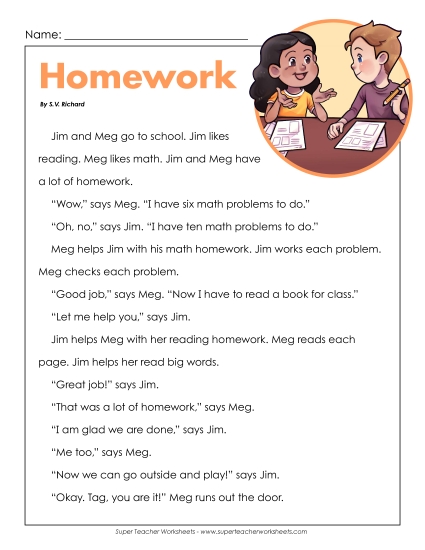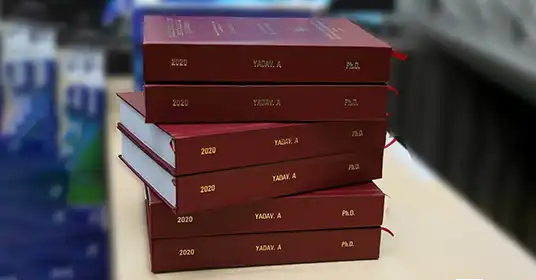
Building strong reading comprehension skills during early primary years is key to every child’s academic success. For Year 2 learners, understanding what they read is as important as learning to read itself. That’s why year 2 comprehension worksheets are such a valuable tool — offering structured, curriculum-aligned tasks that help children develop their ability to process text, answer questions, and make meaning out of language.
These worksheets are widely used by teachers, home educators, and parents who want to support reading development in a fun yet focused way. From short stories to non-fiction passages, poems, and themed topics, Year 2 worksheets are tailored for children aged 6–7 and perfectly matched to Key Stage 1 (KS1) English learning goals. With downloadable PDFs and interactive resources available, it’s never been easier to make comprehension engaging and effective.
What is Reading Comprehension?
Reading comprehension is the ability to understand, interpret, and analyse written text. It’s about more than just decoding words; it’s about connecting ideas, drawing inferences, recognising vocabulary in context, and forming opinions about what has been read. In Year 2, children transition from learning to read towards reading to learn — making comprehension a critical skill at this stage.
Using year 2 comprehension worksheets helps reinforce these skills in a practical, age-appropriate way. These worksheets encourage learners to look beyond surface reading. They prompt children to find clues in the text, identify key facts, and think about what characters are feeling or why something happened. Mastering these abilities forms the basis for more advanced literacy as they move through Key Stage 2 and beyond.
Why Year 2 Reading Comprehension Matters
Year 2 is a pivotal year in primary education, especially for reading development. It’s typically the final year of KS1, and pupils begin to face more structured assessments like the Year 2 SATs. That’s why teachers and parents put extra focus on improving reading fluency and comprehension during this stage. Year 2 comprehension worksheets offer a highly effective way to meet this goal through regular, targeted practice.
In Year 2, pupils should be reading with greater confidence, understanding sentence structure, and responding to increasingly complex questions. Whether it’s understanding the main idea, explaining vocabulary, or sequencing events, comprehension practice helps sharpen critical thinking and language awareness. Worksheets act as scaffolding, providing repeated exposure to skills that learners need to internalise in order to become fluent readers.
Types of Year 2 Comprehension Worksheets
One of the strengths of year 2 comprehension worksheets is their variety. Teachers and parents can choose from a wide range of texts and formats, ensuring that children stay engaged while practising essential skills. Fiction worksheets may feature short stories about animals, families, or adventures, followed by questions that test understanding, sequencing, and character awareness.
Non-fiction worksheets often include factual content about real-world topics such as space, dinosaurs, or the weather. These help children learn how to extract key details, understand layouts like headings or diagrams, and answer questions based on fact. Poetry-based worksheets encourage an appreciation of rhythm, rhyme, and emotional expression, while cross-curricular comprehension sheets link reading to science, geography, and history themes — making literacy truly holistic.
Benefits of Using Comprehension Worksheets
There are multiple advantages to using year 2 comprehension worksheets regularly. For one, they help reinforce classroom learning in a structured way, allowing for consistent practice at home or during independent work time in school. They are also incredibly versatile — useful for early finishers, group tasks, homework, intervention sessions, or even assessment preparation.
Another benefit is that they offer measurable progress. Because questions are usually graded or follow a progression, teachers and parents can track improvements and quickly identify areas where more support is needed. For children, they build confidence. Completing a worksheet and answering questions successfully gives a sense of achievement that boosts motivation and nurtures a positive attitude towards reading.
How to Make the Most of Year 2 Worksheets
To get the most out of year 2 comprehension worksheets, it’s important to use them regularly and purposefully. For parents, reading the passage together with your child first helps them focus on meaning and pronunciation. Encourage your child to ask questions, make predictions, and discuss the story before jumping into the tasks. Supporting them through tricky vocabulary also enhances their understanding and confidence.
Teachers can use comprehension worksheets as part of guided reading sessions, rotating groups through different levels of difficulty. Worksheets can also be differentiated to meet the needs of higher achievers or those requiring extra help. It’s useful to set clear goals — whether that’s identifying main ideas, understanding new words, or practising inference — so that each worksheet contributes to specific learning objectives.
Where to Find Free Year 2 Comprehension Worksheets
Thankfully, there are a wealth of online resources offering free year 2 comprehension worksheets in PDF format. Websites like Twinkl, TES, K5 Learning, and Super Teacher Worksheets provide printable downloads across a range of reading levels and topics. Many of these are fully aligned with the UK National Curriculum, making them ideal for classroom use.
Look for worksheets that include a variety of question types — multiple choice, true/false, written response — to engage different learning styles. Some include answers and marking guides, which are helpful for parents and educators alike. Printable packs covering multiple weeks are also available, helping plan ahead for structured literacy support at home or in school.
Progressing Beyond Year 2 – More Reading Resources
Comprehension is not limited to Year 2. As children advance through primary school, they need exposure to increasingly complex texts and tasks. After mastering year 2 comprehension worksheets, children can move on to Year 3 and Year 4 materials that introduce deeper inference, richer vocabulary, and more open-ended questions.
Eventually, learners reach Year 6 comprehension worksheets, which prepare them for secondary school and formal exams. Providing progression and variety in comprehension tasks helps children maintain interest and continue growing as readers. Many publishers offer multi-year packs so children can steadily build skills from one academic stage to the next.
Conclusion
Using year 2 comprehension worksheets is one of the most effective ways to support early reading development in KS1. These resources are flexible, engaging, and curriculum-aligned, making them perfect for classroom learning and home practice alike. With free PDF downloads available online, supporting your child’s comprehension journey has never been easier or more accessible.
Investing time in regular comprehension practice pays off — not just in improved test scores, but in your child’s overall confidence and love of reading. Whether you’re a parent, carer, or teacher, these worksheets offer a powerful tool to help young readers thrive.
FAQs – Year 2 Comprehension Worksheets
What are Year 2 comprehension worksheets?
These are reading worksheets designed for children aged 6–7, aligned with the KS1 curriculum, aimed at improving reading understanding through short texts and questions.
Where can I find free worksheets for Year 2?
Websites like Twinkl, TES, K5 Learning, and Super Teacher Worksheets offer free and premium resources in PDF format.
How often should I use comprehension worksheets?
2–3 times a week is ideal for steady progress, though even once a week can support long-term development.
Do these worksheets prepare my child for SATs?
Yes, most year 2 comprehension worksheets follow the format of SATs reading papers, making them great for revision and practice.
Can these worksheets be used for home schooling?
Absolutely. Many parents use them as part of structured home education programmes or holiday revision.
You may also read: Woodside Chesterfield Menu – Updated 2025 Prices, Pub Classics & Sunday Roasts







